In the vast and intricate world of gut health, probiotic food stand at the forefront, celebrated for their pivotal role in nurturing our intestinal ecosystem. These live microorganisms, often hailed as beneficial bacteria, are instrumental in maintaining not only our digestive health but our overall well-being. Understanding the essence of probiotics and their dynamic interplay with prebiotics is crucial for anyone looking to enhance their gut health. For a foundational understanding, I recommend reading into our comprehensive article, “What are Prebiotics & Probiotics? Understand the Difference”, which sheds light on their distinct roles and mutual benefits. The relationship between prebiotics and probiotics is not just intriguing but essential, acting as a cornerstone for digestive wellness. To explore the science behind their synergy further, visit “How Probiotics and Prebiotics Work Together? The Science of Gut Health”.
This article is dedicated to unveiling the best probiotic foods and supplements that can supercharge your gut health. Incorporating these probiotic powerhouses into your diet can significantly improve nutrient absorption, bolster the immune system, and potentially lower the risk of various health issues. Join us as we navigate through the top probiotic-rich foods, offering practical advice on how to enrich your diet with these vital microorganisms. By fostering a thriving gut microbiome, you’re taking a crucial step towards achieving optimal health and vitality.
Best Probiotic Foods
1. Yogurt (Dahi)
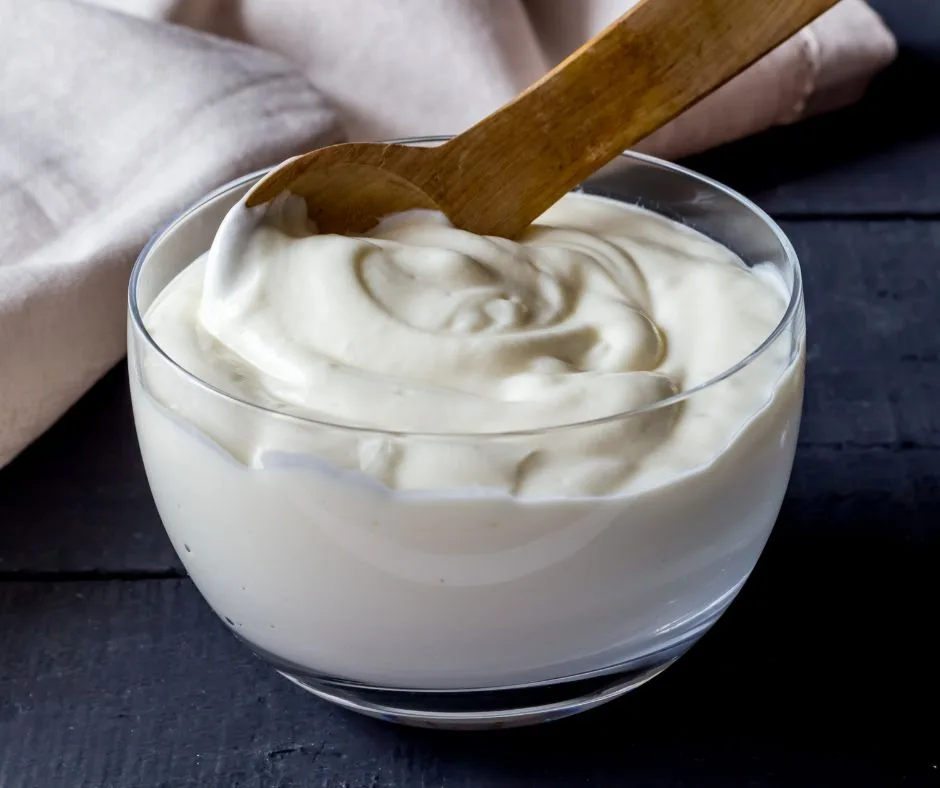
Nutritional Profile: Apart from its rich probiotic content, yogurt is a significant source of essential nutrients, including protein for muscle maintenance and growth, calcium for bone health, and B vitamins for energy metabolism.
Gut Health Benefits: The probiotics in yogurt help to balance the intestinal flora, reducing the incidence of digestive disorders like diarrhea, constipation, and bloating.
Consumption Tips: Incorporate yogurt into your diet as a base for smoothies, in dressings, or as a cooling side dish like raita. Choosing plain, unsweetened yogurt maximizes its health benefits while minimizing added sugars.
2. Buttermilk (Chaas)

Nutritional Profile: Low in fat and calories, buttermilk is an excellent hydration source. It also contains vitamins and minerals essential for overall health, including potassium, calcium, and phosphorus.
Gut Health Benefits: The probiotics found in buttermilk can enhance the gut microbiome, promoting better digestion and absorption of nutrients.
Consumption Tips: Drink chaas with a pinch of roasted cumin powder and salt to improve digestion. It’s particularly refreshing during the summer months.
3. Brined Pickles

During the pickling process, vegetables or other food items are soaked in a salty solution (brine) for a couple of days to weeks, often with herbs and spices. Under these salty and low-oxygen conditions lactic acid bacteria such as Lactobacillus and Leuconostoc will start to grow. These bacteria produce lactic acid in a process called “fermentation”, turning the pickled vegetables acidic, and giving them a specific tangy taste.
Nutritional Profile: While pickles are not a significant source of vitamins, the fermentation process increases the bioavailability of minerals from the vegetables or fruits used.
Gut Health Benefits: Pickles produced by brining and bacterial fermentation often still contain live bacteria, which are safe to consume and believed to have positive effect on our health. These pickles can contribute beneficial bacteria to the gut microbiome, aiding digestion and potentially improving immune function.
Consumption Tips: Use homemade or traditionally made pickles to ensure they contain live probiotics. Add them sparingly to meals to avoid excessive salt intake.
4. Lassi
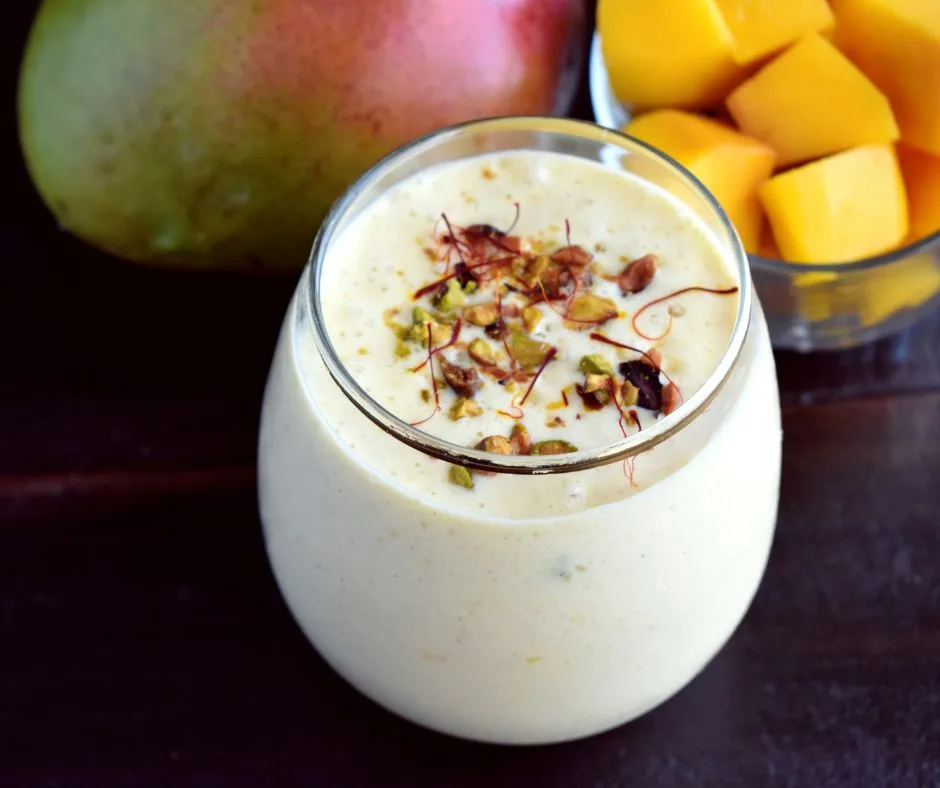
Nutritional Profile: Similar to yogurt, lassi is rich in protein, calcium, and vitamins B2 and B12, offering a nutritious boost in a drinkable form.
Gut Health Benefits: The probiotics in lassi promote a healthy digestive system by maintaining a balanced gut microbiome.
Consumption Tips: Enjoy a glass of lassi as a refreshing drink after meals. Opt for versions made with minimal added sugar to keep it healthy.
5. Kombucha

Nutritional Profile: Kombucha is a source of B vitamins and may contain antioxidants depending on the tea used for fermentation.
Gut Health Benefits: The beneficial bacteria and yeast in kombucha can aid digestion, help detoxify the body, and support the immune system.
Consumption Tips: Look for kombucha with low added sugars. Begin with small amounts to assess your body’s tolerance.
6. Kefir
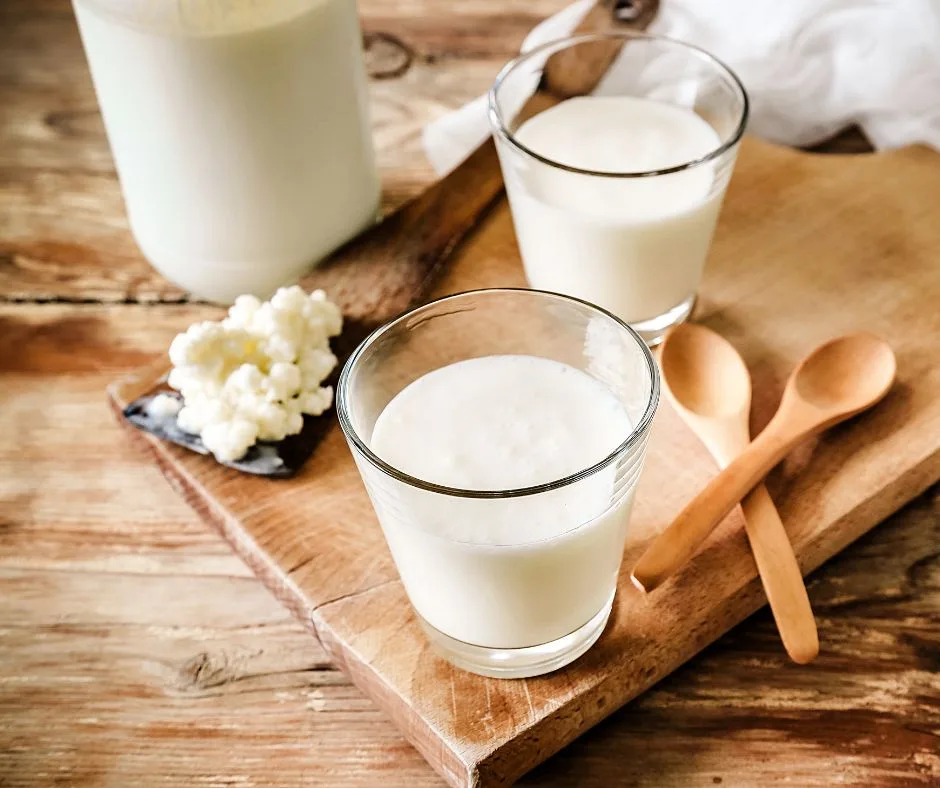
Nutritional Profile: Kefir is an excellent source of protein, calcium, and B vitamins. It’s particularly noted for its high probiotic content, including various strains not commonly found in yogurt.
Gut Health Benefits: The diverse probiotics in kefir can significantly enhance the diversity and health of the gut microbiome, offering broad digestive and immune benefits.
Consumption Tips: Kefir can be consumed on its own, used in smoothies, or as a salad dressing base. It’s also suitable for those who are lactose intolerant due to its fermentation process.
Consuming Live Probiotic for Gut Health
For genuine probiotic benefits, focusing on the consumption of foods that contain live and active cultures is essential. These live cultures are capable of surviving the journey through the acidic environment of the stomach to colonize the gut, where they can exert their health-promoting effects. The distinction between simply fermented foods and those that serve as effective probiotics lies in this survival and activity of the microorganisms within the human digestive tract.
To ensure the intake of live probiotics, here are some guidelines:
- Check for Live Culture in Labels: Products like yogurt, kefir, and other fermented dairy often have labels indicating the presence of live and active cultures. Understanding how to read these food labels are your first clue to the probiotic potential of the food.
- Choose Fermented Foods: Fermented vegetables (such as sauerkraut and kimchi) that haven’t been heated after fermentation are excellent sources of live probiotics. Heating, while useful for extending shelf life, can destroy beneficial bacteria.
- Incorporate a Variety: Different probiotics offer different benefits. Incorporating a variety of live probiotic foods into your diet can help ensure a broad range of health benefits, from improved digestion to enhanced immune function.
The Impact of Cooking on Probiotic
Fermentation is a transformative process, not just in flavor but also in the nutritional profile of foods, fostering the growth of beneficial bacteria. These microorganisms, integral to the fermentation process, contribute significantly to the food’s health benefits, creating what are known in many cases as probiotic foods. However, the journey from a fermented food to a probiotic powerhouse is not without its challenges, with the cooking process being a significant hurdle.
When fermented foods are subjected to heat, such as the steaming of idli and dhokla or the frying of dosa, the high temperatures involved are often lethal to the microorganisms that confer these probiotic benefits. Although these cooking methods are essential for the preparation and safety of these foods, they effectively diminish the live bacterial content, reducing the food’s potential to contribute actively to gut health.
This doesn’t negate the nutritional value or the importance of these foods in a balanced diet. Fermented foods, even those cooked, can offer enhanced digestibility and increased availability of some nutrients, thanks to the fermentation process. However, for those specifically seeking the gut health benefits associated with live probiotics, it’s crucial to understand that not all fermented foods retain these live cultures after cooking.
What’s Next
Understanding the diverse roles of probiotics in promoting gut health, their types, and how they work lays the foundation for integrating these beneficial microbes into our diets through foods and supplements. With this comprehensive guide, you’re equipped to make informed choices about incorporating probiotics into your health regimen, potentially transforming your digestive health and overall well-being. Always prioritize safety by consulting healthcare professionals before making significant changes to your diet or supplement intake, ensuring a tailored approach to enhancing your gut health.
As we continue to explore the fascinating world of gut health on Axis Diet, our upcoming articles promise to delve deeper into the symbiotic relationship between our diet and overall well-being:
- Prebiotics, Probiotics, and Mental Health: Exploring the Gut-Brain Axis: This article will uncover the intricate connections between gut health and mental well-being, highlighting how a balanced microbiome can influence mood, stress levels, and cognitive functions.
- How to Naturally Boost Your Probiotic Intake Without Supplements: For those looking to enrich their diet with probiotics through food sources alone, this piece will offer practical advice and tips on integrating probiotic-rich foods into your daily meals.
- Prebiotic and Probiotic Myths Debunked: With so much information available, it’s easy to encounter misconceptions. This article aims to clarify common myths surrounding prebiotics and probiotics, providing evidence-based insights.
- The Role of Prebiotics and Probiotics in Weight Management: We will explore the emerging research suggesting a link between the gut microbiome and weight management, discussing how leveraging prebiotics and probiotics might aid in achieving a healthy weight.
Each article is designed to equip you with the knowledge and tools necessary to navigate the complex landscape of gut health, making informed choices that benefit your digestive system and overall health. Stay tuned to Axis Diet as we continue to provide insightful, research-backed nutritional information to support your journey towards a healthier lifestyle.
Axis Diet is dedicated to empowering individuals with knowledge and practical advice for healthier living. Our articles, grounded in research and expert insights, aim to simplify complex nutritional concepts, offering a comprehensive understanding of various aspects of diet and wellness. While these articles are informative and a great starting point for anyone looking to improve their health, they are for informational purposes only.
For personalized, professional guidance tailored to your unique health needs, we encourage you to consult with Axis Diet’s registered dietitians. Reach out to us at https://www.axisdiet.com/contact/ for expert personalized guidance on your nutritional journey.


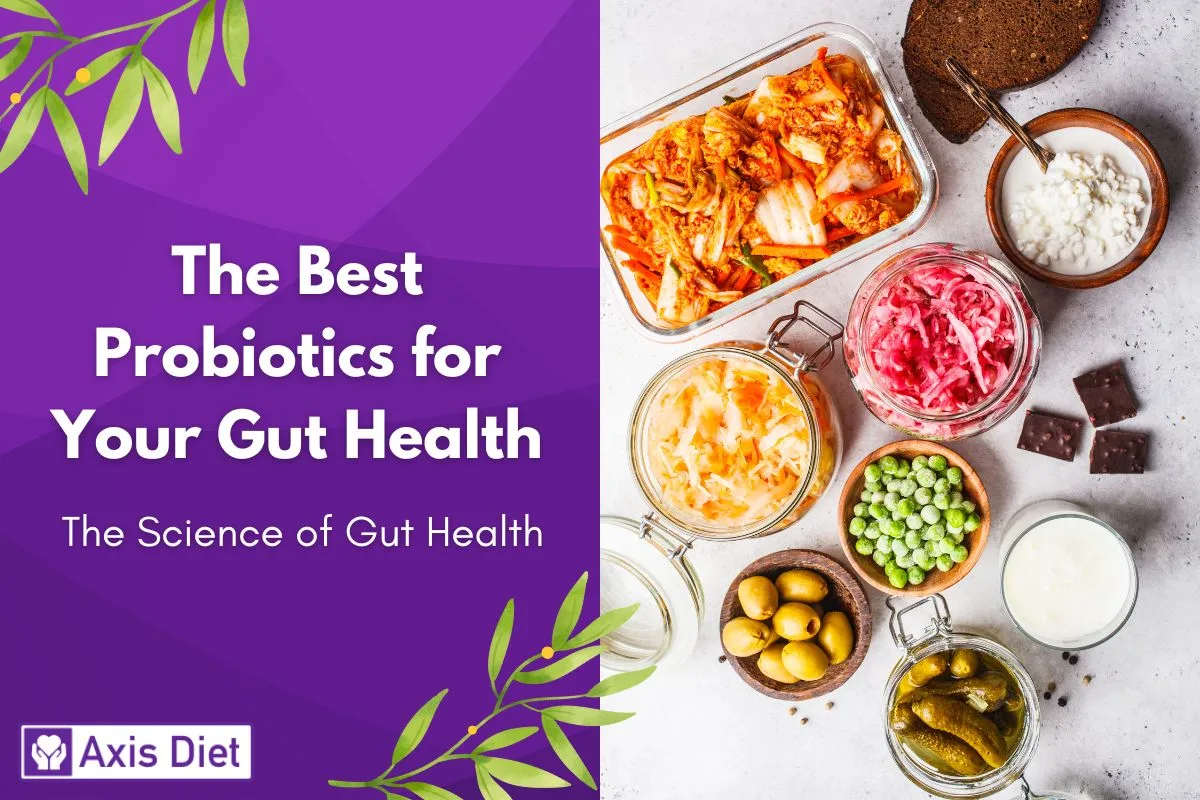

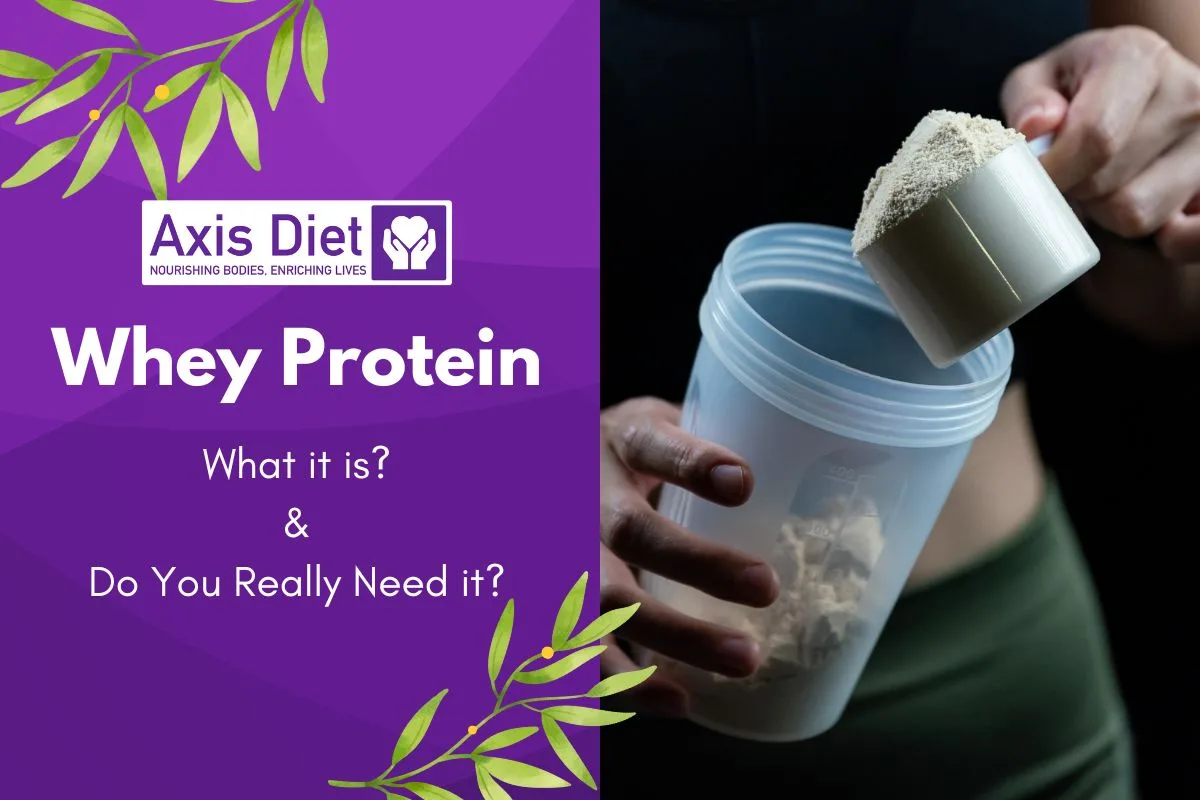

[…] more information on which probiotic foods to include in your diet, check out “The Best Probiotic Foods for Your Gut Health.” This article provides a comprehensive guide to probiotic-rich foods that are beneficial for […]